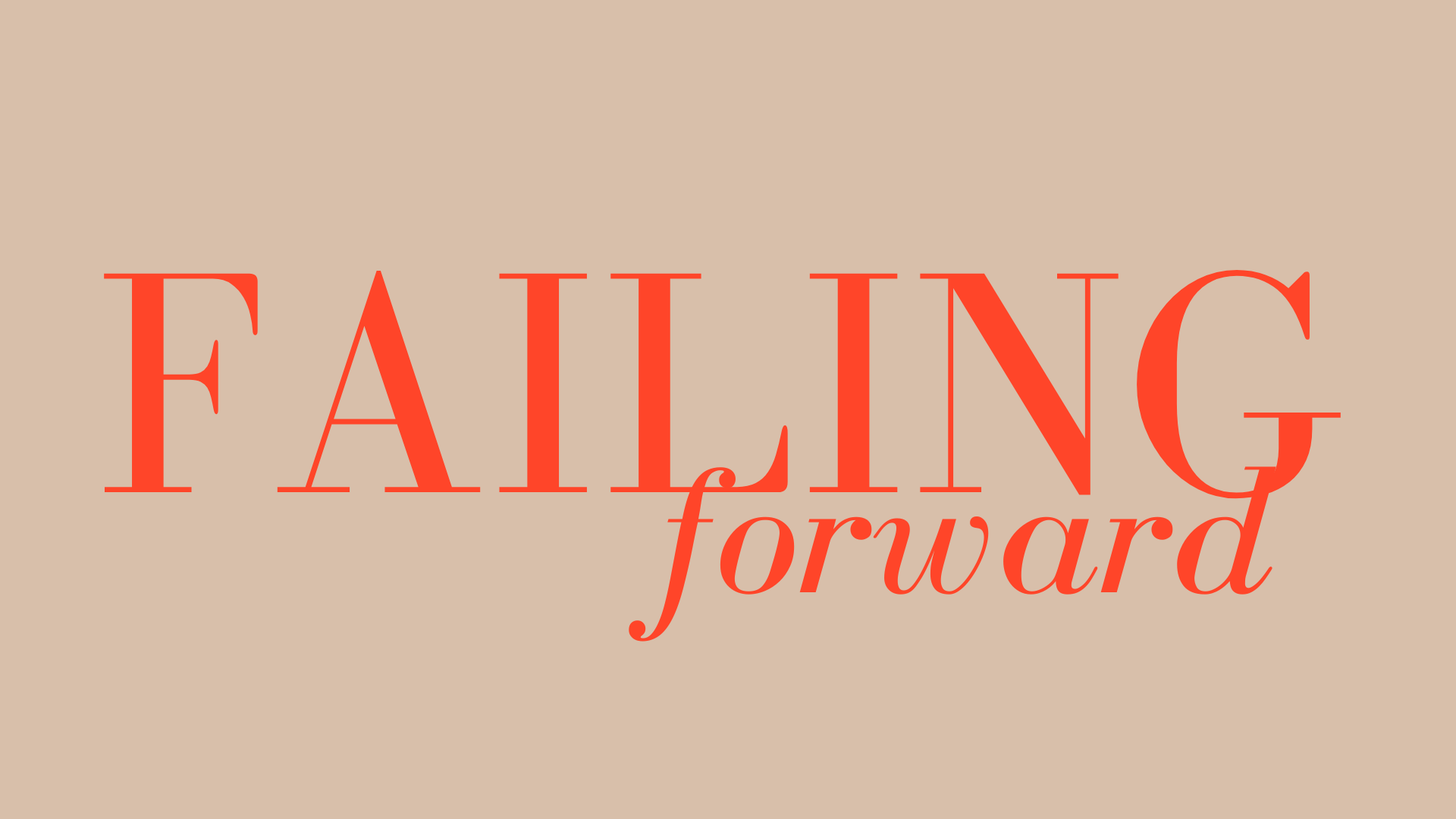Life-changing habits for personal development (10 ideas for your daily routine)
Do you intentionally curate your habits for personal development and stress reduction? Learn how success is built not overnight, but in your everyday habits and hobbies of your routine.
For as long as I can remember, I’ve been fascinated with people’s everyday habits and routines. I’d ask as many questions as I could. Curious about what behind the scenes was contributing to the person they were. Over a decade, I started to do my own intentional experimenting and researched the science behind what I was experiencing. In this blog, I’m sharing what I recommend are the top ten life-changing habits for personal development. These everyday habits will both reduce stress and set you up for success.
As the saying goes:
“We are what we repeatedly do. Excellence is not an act but a habit.”
Remember to reverse-engineer your personal brand vision into the everyday.
Consider adding any of these habits for personal development to your daily routine:
Life-changing Habit for Personal Development #1: Reading
This is personally one of my daily non-negotiable life-changing habits for personal development. What six years ago started as a year-long challenge to read a book a week, turned into a habit in my daily routine. A non-fiction books buff, I loved the chance to learn from others. I also loved how it made me feel. I later discovered some of the science behind why.
Due to the concentration level needed, University of Sussex's research concluded that reading reduces stress by 68%. Even outperforming the also highly effective cup of tea, walking (my other daily must-haves) and music. The best part - it takes only six minutes to see results - a very easy addition to almost anyone’s daily routine.
But, reading as a life-changing habit for personal development doesn’t stop there. Research has also compared the knowledge of TV watchers to that of readers. Readers are said to have more knowledge and have better analytical skills, improving their judgement and problem-solving skills. Books, magazines and written text also use more unique words than television. This helps improve your vocabulary and communication skills.
While it might seem counter-intuitive, reading also builds your social skills. It creates neurological pathways relating to characters. These remain after you put the book down. And improves your people skills and emotional intelligence.
Life-changing Habit for Personal Development #2: Walking
As another non-negotiable, I walk at least twice daily.
I’m intentional about my thoughts during walks. No music or podcasts. I reflect on my core values and how I’m reverse-engineering my personal brand vision into the everyday. I mentally upload any new learning and plan how I’ll implement them.
While the physical benefits of walking are well understood, the mental benefits can be overlooked. A 2014 Stanford University study showed the benefits of walking for creativity and problem-solving. Researchers found creativity increased by 60% when compared to sitting. Results for creativity were observed for walks just 5-16 minutes long. And worked for walks both indoors and outdoors. Another easy addition to almost any daily routine.
The University of Sussex research on reading also showed walking contributed to a 42% reduction in stress. It releases endorphins such as dopamine and helps build empathy. It also moves your brain wave frequency from the beta region to the high theta range - the same frequency entered during meditation.
Life-changing Habit for Personal Development #3: Feeding your ‘Second Brain’
As brain personal trainer Jim Kwik advocates in his book Limitless, don’t forget to fuel your second brain - your gut.
Research shows in the walls of your digestive system lies your enteric nervous system. It’s lined with hundreds of millions of neurons - giving new life to the phrase ‘gut feeling’. So, if you're trusting your gut to think and perform for you, then it needs the right fuel. As part of your daily routine, ensure your second brain is treated to a nutritious diet of brain food.
Life-changing Habit for Personal Development #4: Building your (Other) Second Brain
David Allen in his book, Getting Things Done, popularised the idea of “emptying” your brain for stress-free productivity. Allen proposes that stress comes from the things in your head that aren’t yet in a helpful system for how they will be actioned.
Tiago Forte expanded further on this in his book Building a Second Brain. Proposing the ‘Second Brain’ is a body of knowledge external to your physical brain.
Forte believes that the time you first encounter information or an idea isn’t when you most need it. But, a habit of building a second brain allows your knowledge to grow and simmer until you do. You can use your second brain to create and make better decisions when the right time comes.
All efforts in building your second brain are to benefit your future self. So, make building your second brain a part of your daily routine.
Personally, my second brain is the Notes app on my iPhone. As information or ideas come to me, I make a habit of capturing it here in an organised system. I then distil and express my second brain learnings through my blog, YouTube, podcast, LinkedIn and Instagram when the right time comes.
Life-changing Habit for Personal Development #5: Playing an Instrument
I first started playing the piano when I was four. I took a small hiatus in late high school, returning to the piano during my twenties. Had I understood the science behind playing an instrument, I would have stayed more consistent with this daily habit.
Research has shown that playing an instrument changes your brain’s structure. This includes increasing the grey matter volume in various regions. It also improves the connections between the left and right hemispheres of the brain. Music also integrates the senses of vision, hearing and touch, with fine movements. And this can have a lasting impact.
Life-changing Habit for Personal Development #6: Yoga
There are several mental and physical benefits of yoga. Harvard University research used MRI scans and brain imaging techniques on practitioners and non-practitioners of yoga. It showed that those who practised the exercise regularly had a thicker cerebral cortex (responsible for information processing) and hippocampus (involved in learning and memory) compared with non-practitioners. It is also said to improve mood.
Life-changing Habit for Personal Development # 7: Practising Gratitude
Shawn Anchor, in The Happiness Advantage, popularised the idea of the gratitude journal. He advocated for writing down three things that you’re grateful for daily.
Anchor’s premise is that success doesn’t cause happiness, but rather begins with happiness. And it positively impacts your business outcomes, such as productivity. It rewires your brain for optimism.
This is aligned with the ‘Teris Effect’. This is the idea that when you devote time and attention to something, you start to see that thing everywhere. Your brain develops new neural pathways to constantly look for patterns. By practising gratitude regularly, you learn to constantly scan your environment for the positive. Taking just a minute or so to do, this is another addition to a daily routine that’s achievable by almost anyone.
Life-changing Habit for Personal Development #8: Learning a Language
Learning a second language is arguably one of the most complex mental tasks you can undertake. But, its benefits are worth exploring.
Research by Washington State University showed those who learn a second language have increased attention control, better working memory and better abstract and symbolic representation skills. Even if it’s just a few words a day, consider adding learning a new language to your daily routine.
Life-changing Habit for Personal Development #9: Practise a Craft
Cal Newport, in his book Digital Minalimism, encourages you to convert your low-value ‘downtime' into high-value leisure time. With this mindset, passive consumption can instead be replaced with high-value alternatives, with a particular focus on craftsmanship - creating things. Much like our ancestors first did long ago - in what can often feel like slowly dying crafts.
What is your version of high-value downtime? Your craft? Maybe it’s cooking, gardening, drawing, painting, writing, sewing, or woodwork. Or moving with our modern era, maybe it’s a chance to master a new technology. To create content on a digital platform, or practise photography or videography. Make whatever your high-value heart desires a part of your daily routine.
Life-changing Habit for Personal Development #10: Daily Learning
One of my favourite quotes is:
“Live as if you were to die tomorrow; learn as if you were to live forever.” - Mahatma Gandhi
Have you ever had the experience of going to an interview and getting that question about how you continuously maintain your learning? Years ago, I would refer to my latest degrees, courses or training and development - one-off events. I was missing the most important opportunity - my daily routine.
Now, I consume books, podcasts, YouTube videos, blogs and articles daily to ensure I’m keeping up with the latest industry developments and trends. I'm also using it to expand my knowledge, skills and capabilities.
In her book, Future You, Frances Valintine says:
“Let’s take an employee who has worked in the same organisation for five years. If you took a blank piece of paper and a pen and listed all the ideal skills, capabilities and attributes needed for their role, would the current employee still meet the criteria if their job was advertised today?”
The Power of Neuroplasticity
Most of my suggested habits for success evolve your brain, learning and environment. Like anything that challenges our comfort zone, I want to finish by reminding you about the power of neuroplasticity.
The University College London studied the brains of London’s taxicab drivers. Those who earn their licence are required to know a section of the city’s maze of 25,000 streets. These drivers had more grey matter in their posterior hippocampi (memory centres) than those of a similar age, education and intelligence who did not drive a cab. And the longer someone drove a cab, the larger this was.
Remember neuroplasticity when pushing your current capabilities. As Kwik says in Limitless:
“Our brains have the capacity for neuroplasticity, which means that it can be changed and shaped by our actions and by our environments. Your brain is always changing and moulding itself to your surroundings and to the demands you place on it.”





